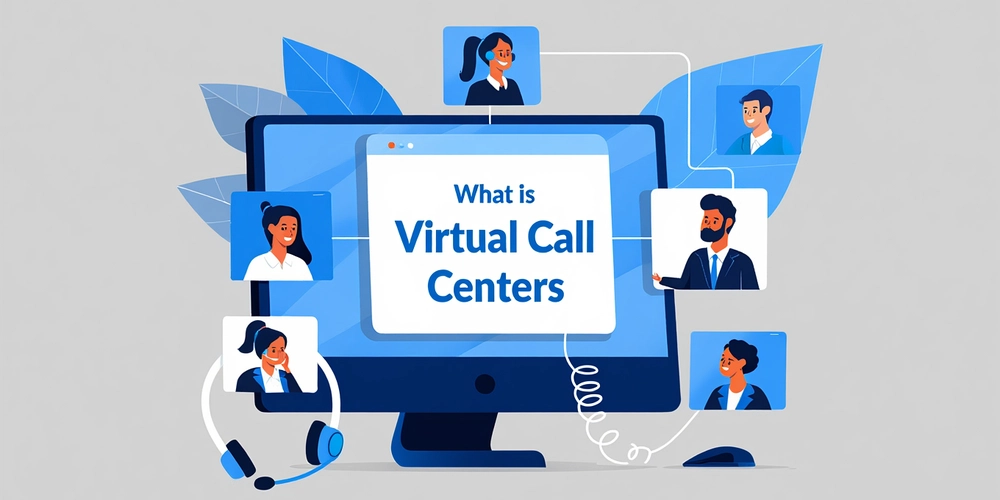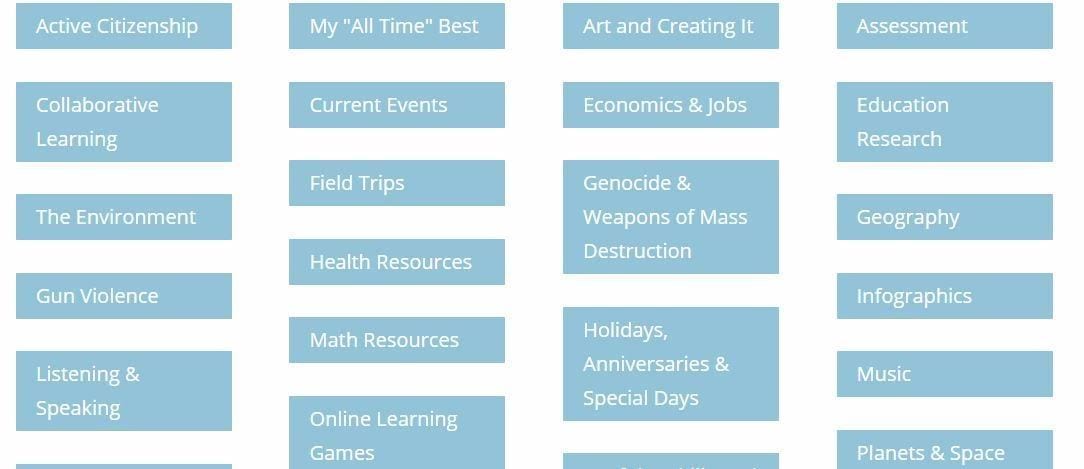Preventative care was a game-changer, but now the Supreme Court could take it away
On the line for hundreds of millions of Americans is cost-free coverage for essential care like screening for diabetes, cancer, hepatitis and mental health issues.

Amid the Trump administration’s scorched earth approach to governing — which includes threatening hundreds of billions of dollars in Medicaid funding — a serious threat to health care has gone under the radar. It could undo years of progress toward preventing disease and making Americans healthier and more secure.
In Kennedy v. Braidwood, a case being heard today at the Supreme Court, a lawyer with a long history of attacking fundamental rights has taken aim at the Affordable Care Act’s no-cost preventive health care guarantee. The plaintiffs include an employer and several individuals who challenge the constitutionality of the guarantee.
Their case has been moving through the courts for five years and finally has reached the Supreme Court on one of their most crucial claims: that coverage recommendations made by the U.S. Preventive Services Task Force are unconstitutional. Should plaintiffs prevail, over 150 million Americans ultimately could lose all free preventive benefits since the Affordable Care Act’s 2010 passage.
On the line in the immediate appeal is cost-free coverage for essential care like screening for diabetes, cancer, hepatitis and mental health issues. Insurance companies won’t have to cover new innovations that are better at identifying and preventing deadly diseases. A win for plaintiffs could encourage them to pursue their additional claims aimed at eliminating coverage for women’s health, child health and immunizations. Care from birth control to breastfeeding support is under threat.
The Affordable Care Act requires free coverage of women’s preventive health care and properly gave experts the responsibility for defining the scope of this coverage. I was fortunate to be invited to join the Institute of Medicine’s (now the National Academy of Medicine) committee to make these recommendations to give full force to the law's promise of expanding access across the whole continuum of care, starting with prevention and continuing through treatment.
Recognizing health disparities women face, we thoroughly reviewed studies to sort through what would be the most effective and feasible ways to improve women’s health and well-being. We made eight recommendations, including essential care like breast and cervical cancer screenings, birth control and diabetes screening. This special group of women’s health services is in addition to the task force's recommendations and has been further expanded since our initial landmark work, including screening for healthy eating and physical activity, anxiety and urinary incontinence.
The Affordable Care Act’s free preventive care guarantee has yielded incredible results. More than 150 million people with private insurance, including 58 million women, can receive preventive services through these requirements. More people are getting cancer screenings, HPV vaccinations and annual wellness visits. Women report getting more cancer screenings, earlier diagnoses and improvements in mental health. More people who struggle to make ends meet are able to get care.
These aren’t just numbers. Most of us can think back to a time in the last 10 years when we’ve been able to see the doctor for these concerns without pulling out our wallets. These protections could mean a mother can take aspirin every day so she doesn’t have high blood pressure and preeclampsia — a leading cause of maternal death in the U.S.
A person in their 40s could catch early colorectal cancer before it spreads, a disease that is increasing among younger people. A woman can take medication every day to reduce her risk of breast cancer without worrying that she won’t be able to pay for it. A young person can afford life-saving daily drugs to ensure they won’t get HIV.
These services don’t just make Americans healthier and improve their quality of life. At a time of constantly rising health care costs, they save money. It’s much more affordable to prevent a chronic disease than to treat it once it’s progressed.
Losing these services would be a huge step backward. We know that when these services cost even a small amount of money, people will skip them. It will be a huge blow to people who already struggle to get the health care they need, including women, people of color and people with low incomes. That mother might not make it through her birth. That woman might have to go through grueling treatment for breast cancer. Ending these protections will lead to more disease, chronic conditions, and ultimately deaths that could have been avoided.
Reform to the health care system requires a scalpel, not a bulldozer. One of the best things we can do is to invest in keeping people healthy and engaged in health care. We should all share our stories with policymakers and the public to show how these requirements have made our lives better. The Supreme Court must listen and protect the progress that has already saved lives and promises to save many more — if we can keep it.
Claire D. Brindis, DrPH, is a health policy researcher at the University of California, San Francisco.






































































.jpeg?width=1200&auto=webp&crop=3:2#)


